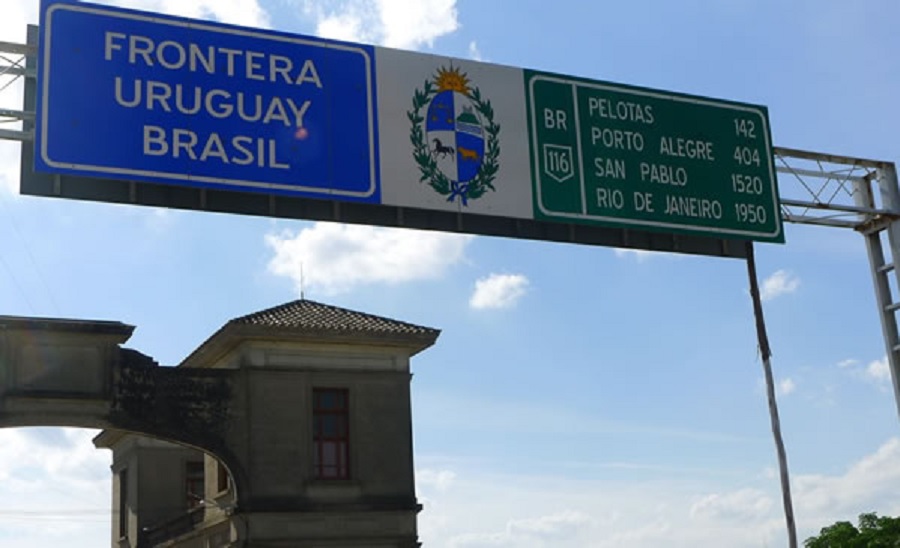RIO DE JANEIRO, BRAZIL – Uruguay is focused on reassessing its borders, both with Argentina and Brazil, through a National Plan that will enable it to join all organizations and institutions that have an impact on the daily life of these areas to coordinate a “genuine and fruitful” position.
Federico Perazza, Director of Border, Boundary and Maritime Issues, in statements made to the Uruguayan Ministry of Foreign Affairs, said that addressing the border area is essential since, due to the health emergency, it is experiencing a complex situation with economic issues and informality.

“Perhaps one of the issues that requires greater analysis and interaction is the operation of the border crossings, not necessarily all agencies that should be at the border crossings are there, there are problems related to technology, infrastructure, data cross-checking,” he stressed.
Likewise, the director said that it is necessary to promote “physical integration towards the border” and look for mechanisms to finance infrastructure works that work at the same speed both on the border with Argentina and with Brazil.
Due to the Covid-19 health emergency, Uruguay maintains its borders closed, with certain exceptions. However, in the land border area with Brazil there are many cities that lead a binational life, where their citizens live on one side and work on the other and movement between nations is unrestricted.
This is the case of the Uruguayan city of Rivera (north) and the Brazilian city of Santana do Livramento, an area where the government has faced the greatest challenges in controlling the spread of the pandemic, despite attempts to work jointly between the two countries to agree on common strategies.
“One of the greatest weaknesses of our border integration policy has been the absence of a mechanism for monitoring and following up on the actions we have agreed on at the border,” reflected Perazza.
The goal with this National Border Plan is that all organizations and institutions may express their concerns, present concrete actions and thus, in the future, advance towards a bill.
“What we want to establish first is that there be a sincere discussion among the organizations that deal with borders, which will lay the foundations for a future law,” he concluded.

